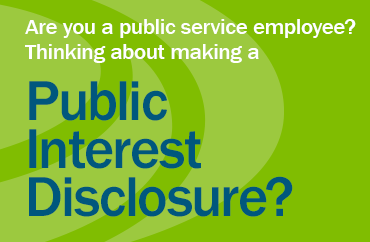Seeking a Better Process
**This featured case is one example of the concerns people have brought to us. Names have been changed to protect the identity of the people involved.
Hunter had an acquired brain injury and needed help with basic skills like finding an apartment, buying food and clothing and attending appointments. Halle, a coordinator from his health region, met with him regularly and helped him with some of these tasks. One such task was applying for the Saskatchewan Rental Housing Supplement (SRHS).
Halle read in Social Services’ Guide to the Saskatchewan Employment Supplement and the Saskatchewan Rental Housing Supplement that applications needed to be made by telephone. Hunter did not have a phone, so when he had an appointment with her, she sat with him and made the call. The message said they were 32nd in the queue and they waited for an hour and a half for their turn. When it came, they started providing the information, but ran out of time because Hunter’s appointment with Halle was over.
During the next several weeks, they continued to try, but ran into similar delays. With Halle’s help, Hunter was eventually accepted into the program. Since his work hours fluctuated, he then had to call in each month to report his income. Again, they experienced long waits (often 30–50 minutes) before they could speak with someone.
Halle was concerned about the experience she and Hunter had and knew that, without her help, he would have given up. She did not think the process was fair and contacted our Office.
We investigated three issues: the wait times Hunter and Halle experienced; the application process and communication about the process to applicants and staff; and the availability of assistance from Social Services for applicants with disabilities.
We found that the call centre wait times had been particularly high during the months Hunter and Halle had been calling. Since then, Social Services had been taking steps to reduce wait times and had made positive changes. For example, the percentage of calls returned within five minutes went up from 35% to 60%. (The call centre’s goal is to return 90% of calls within five minutes.)
Halle had questioned why there was not a paper-based or online application process, which would have been easier for Hunter to complete. We learned that there was a paper-based option, but the guide that Halle read did not mention this. Not all staff seemed to be aware of this option either.
We commended Social Services for initiating a pilot project that allows certain recipients to report their monthly income by email rather than by phone. Hunter was invited to participate in this pilot project.
We learned that, for the most part, Ministry staff did not help applicants with their applications. Advocates were welcome to assist clients, though they were also not provided assistance from staff. Walk-in clients with disabilities were not given any special consideration or assistance, but had to wait in line like everyone else.
Given the complexity of the application process, it was not clear how applicants with mental disabilities, or those with no phone, computer or advocate would be able to successfully apply for the SRHS and make the monthly income reports.
As a result of our investigation, we made the following recommendations.
The Social Services publication, A Guide to the Saskatchewan Employment Supplement and Saskatchewan Rental Housing Supplement, should include information about the paper application process for the Saskatchewan Rental Housing Supplement and about the availability of information on Social Services’ website.
Status: Accepted
Local Social Services offices should a) have paper applications available to applicants, b) provide in-person assistance to applicants who come to the local office with the intention of applying, or for help completing the forms, c) accept paper applications whether in person or by mail, and d) have computers, printers and telephones available for applicants to use to complete the application process in the office.
Status: Accepted
Social Services should change its call-in application process so applicants who cannot complete the process in one telephone call can call back and pick up where they left off, so they do not have to start the process over from the beginning.
Status: Accepted
Social Services noted that this recommendation requires significant information technology enhancements and agreed to determine the effort, cost and timing for this work for consideration within future planning and budget development.
Social Services should develop a way for Saskatchewan Rental Housing Supplement applications to be completed electronically and submitted via email or online.
Status: Accepted




